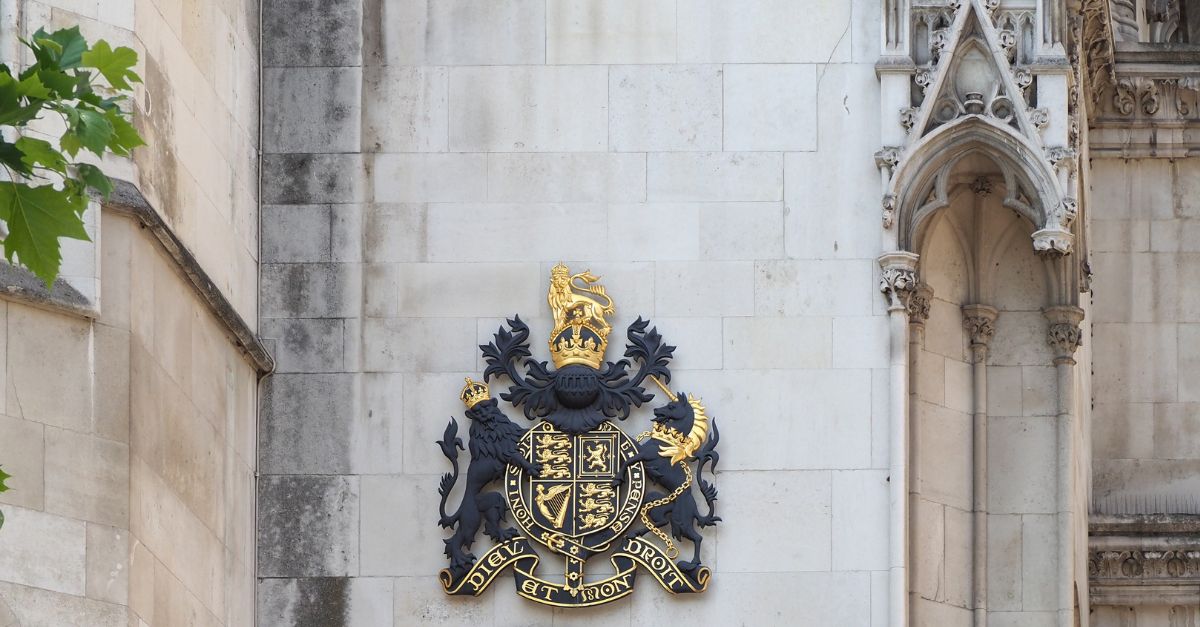The landscape of litigation funding and collective actions continues to evolve at pace.
This update highlights crucial developments from the Competition Appeal Tribunal (CAT) and beyond, including the certification of ground breaking claims, the intricacies of costs and settlements, and pivotal rulings impacting representative actions and securities litigation.
From the first opt-out crypto-related collective proceeding to judicial scrutiny of funding arrangements and representative actions, these cases underscore the growing complexity and importance of litigation funding in enabling access to justice. Read on for insights into the latest decisions and their implications for funders, claimants, and legal practitioners alike
Developments in the CAT
Since the summer, the flow of collective actions being launched against tech giants has continued, with new opt-out claims being filed against each of Amazon, Google, Apple and Microsoft.
The CAT’s generally permissive approach at the certification stage also looks to be continuing (for now), with CPOs recently having been granted in the following claims:
- Nikki Stopford v Google
- Dr Sean Ennis v Apple
- Ad Tech Collective Action v Alphabet
- BSV Claims v Bittylicious
This represents the first opt-out CPO relating to crypto assets. Interestingly, even though the CPO was uncontested, it was granted subject to the funder (a first time funder of litigation in England & Wales and a non-member of ALF) providing an undertaking to comply with certain requirements of the ALF Code relating to cash flow and capital adequacy.
- CICC Claims v Mastercard & Visa
- Road Haulage Association v Man SE
In its CPO judgment, the CAT gave detailed consideration to the adequacy of the steps taken to manage the potential for conflicts of interest in relation to the ways in which different sub-groups would be represented, insured and funded.
For the first time, a proposed class representative was cross-examined during a certification hearing in Riefa v Apple, with counsel for the respondents asking questions relating to the funding arrangements.
There were notable decisions on costs:
- In Merricks v Mastercard, having succeeded in a three week trial on causation and value of commerce, Mastercard claimed c. £11.5m in costs. The overall level of costs were described as “extraordinarily high” by the Tribunal, which having deducted a margin to allow for overestimate, made a costs order of £5.4m.
- In Hammond v Hunter, following a carriage dispute in the claim against Amazon in which Mr Hammond’s methodology was preferred (albeit Ms Hunter’s claim – which was stayed – may also have been certified), the CAT made no order as to costs, leaving each side to bear their own costs of the carriage dispute.
As to the latest settlement developments:
The CAT approved settlements agreed between Mark McLaren Class Representative Limited and certain respondents as follows:
- WWL/EUKOR to pay £8.75m in damages within 28 days.
- “K” Line to pay £7m in damages within 28 days. Of this, £5,250,000 is guaranteed to be distributed to the represented persons or to charity, with the potential for £1,750,000 to be returned to “K” Line under certain conditions.
It has been reported that Mastercard has agreed a settlement in principle with Mr Merricks thought to be in the region of £200m, subject to CAT approval.
Group Actions
There have been yet further twists and turns in the journey of CPR 19.8 representative actions as a mechanism for bringing funded group claims:
In Smyth v British Airways PLC, there was another example of the difficulties faced by parties looking to pursue (and fund) opt-out group claims under CPR 19.8. The claim was struck out for failure to meet the “same interest” requirement in circumstances where there were multiple different claims all raising their own issues and requiring individualised assessments. Perhaps most interestingly, the judge found that even if the jurisdictional requirements of CPR 19.8 had been met, he would not have exercised his discretion to allow the representative action to proceed because “the dominant motive for it lies in the financial interests of its backers … and not the interests of consumers”. The claimant here was funded by her employer in circumstances which the judge described as lacking transparency.
Somewhat frustratingly in terms of the development of the law, possibly the most promising (from a claimant/funder perspective) CPR 19.8 action in Commission Recovery v Marks & Clerk has been settled before a preliminary issues trial scheduled to take place in early 2025 could determine certain important issues impacting the viability of these claims.
The Court of Appeal upheld the High Court’s decision that a claim for misuse of private information (Prismall v Google) should not be allowed to proceed as an opt-out representative action under CPR 19.8. Following the Supreme Court’s landmark decision in Lloyd v Google, this decision may be the final nail in the coffin for attempts to bring data class actions under CPR 19.8, with the Court of Appeal commenting:
We consider that a representative class claim for misuse of private information is always going to be very difficult to bring. This is because relevant circumstances will affect whether there is a reasonable expectation of privacy for any particular claimant, which will itself affect whether all of the represented class have ‘the same interest’.
Securities Litigation
There have also been a number of material developments in the securities litigation space:
In Allianz & Ors v Barclays, it has been found that:
- To satisfy the reliance requirement under section 90A/Schedule 10A FSMA, it is necessary to prove that a person read the publication containing the relevant untrue/misleading statements or material omission (or at least that the essence had been communicated to them by third parties).
- Regarding dishonest delay claims, a continuing delay in respect of publishing the information is insufficient – there needs to have been a corrective statement.
In Aabar Holdings SARL v Glencore PLC & Ors, a judge has held that the so-called ‘shareholder rule’ (which historically has prevented a company from claiming privilege against its own shareholders) is unjustifiable and should no longer be applied.
GLOs
As regards claims being pursued under GLOs:
- A Court of Appeal decision in Axa Sun Life v HMRC has clarified how the court will approach the impact of a decision in a test case upon other claims within a GLO.
- In a costs decision in the Pan Nox Emissions litigations, the court described costs claimed as “eye-watering” and “absurd”, reducing the claimants’ future fees budgeted from £208m to £52m and the defendants’ budget from £212m to £114m.
ATE
Finally, there were two decisions regarding the adequacy of an ATE policy with appropriate anti-avoidance wording to defeat a security for costs application:
- Musset Holdings v Astra Asset Management confirmed the principle that so long as there were satisfactory anti-avoidance clauses, ATE insurance can provide sufficient costs protection to avoid a security for costs application.
- However, Asertis Ltd v Lewis Barry Bloch provides a useful reminder that not every policy will be sufficient – the court will take a pragmatic view as to the level of protection available to the defendant in reality. Here, the judge highlighted various factors which made the ATE policy insufficient.





 Download
Download Save
Save
